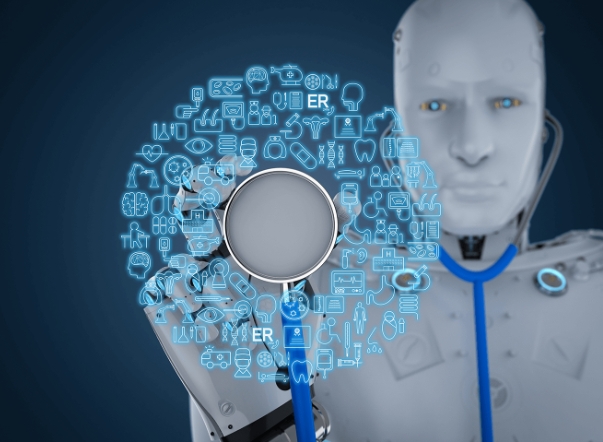Artificial Intelligence in Medicine: Transforming Healthcare
Artificial intelligence (AI) is reshaping various sectors, and healthcare is at the forefront of this technological revolution. From streamlining administrative tasks to enhancing patient care, AI has the potential to improve medical outcomes significantly. As we explore the impact of AI in medicine, it becomes clear that understanding its applications can help patients, healthcare professionals, and the general public grasp the future of health services.
Enhancing Diagnostics and Predictive Analytics
One of the most significant contributions of AI in medicine is its role in diagnostics. Machine learning algorithms can analyze vast amounts of medical data, including imaging studies, lab results, and clinical notes, to identify patterns that may not be visible to the human eye. For instance, AI systems can detect early signs of diseases like cancer on imaging scans with remarkable accuracy, often outperforming human radiologists. Additionally, predictive analytics powered by AI can help identify at-risk patients, guiding preventive care strategies and ultimately improving health outcomes.
Streamlining Administrative Processes
AI is not just about diagnosing diseases; it also streamlines various administrative functions in healthcare settings. From scheduling appointments to managing patient records, AI-driven solutions reduce the burden on healthcare staff. Natural language processing (NLP) can automate patient documentation, making it easier and faster for healthcare providers to focus on what truly matters—patient care. This efficiency not only saves time but also enhances the patient experience, as individuals can receive timely information and services.
Personalized Treatment Plans
Another exciting application of AI in medicine is the development of personalized treatment plans. AI algorithms analyze genetic, environmental, and lifestyle factors to tailor medical treatments to individual patients. This personalized approach can lead to more effective treatments with fewer side effects. For instance, in oncology, AI can predict how specific patients will respond to certain drugs, allowing oncologists to choose the most suitable therapies. As AI technology continues to evolve, the potential for customized healthcare will only expand, paving the way for improved patient outcomes.
In conclusion, the integration of artificial intelligence into medicine is transforming how we diagnose, treat, and manage health issues. By enhancing diagnostics, streamlining administrative tasks, and personalizing treatment plans, AI offers promising advancements in healthcare. As we navigate this exciting era, it’s essential for everyone—patients, providers, and policymakers—to stay informed and engaged. If you’re curious about how AI might benefit your healthcare experience, consider exploring more about this innovative field!

